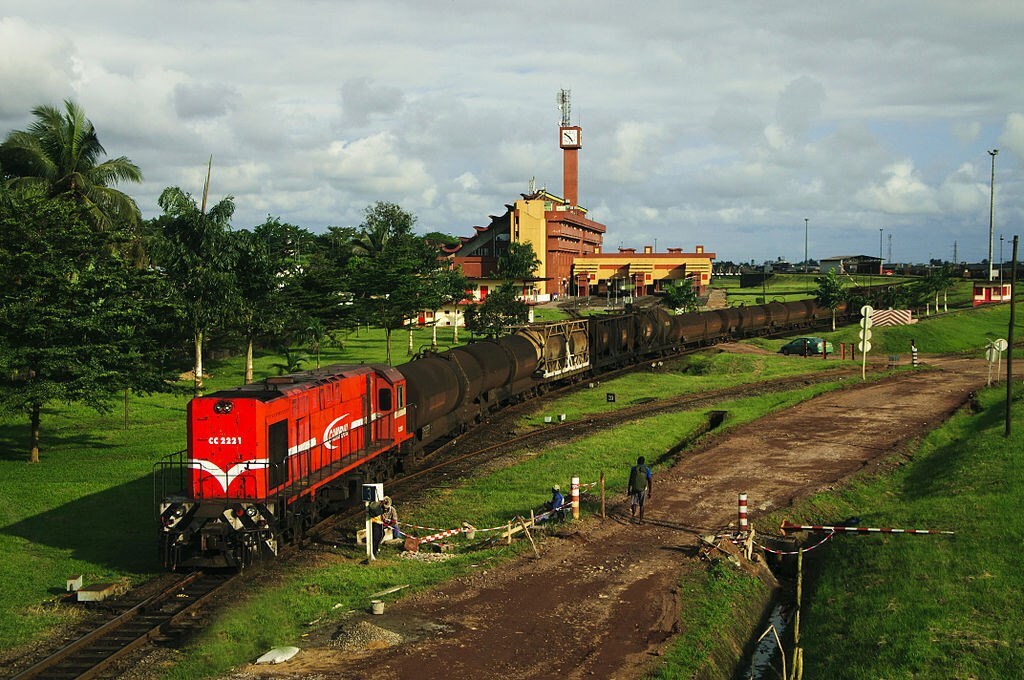您想继续阅读英文文章还
是切换到中文?
是切换到中文?

THINK ALUMINIUM THINK AL CIRCLE

Canyon Resources, an Australian junior miner, is ramping up its ambitions in Cameroon with a major logistics play that could reshape the country’s bauxite landscape. Through its local arm Camalco, the miner plans a USD 446 million (XAF 252.6 billion) investment to fast-track the development of the Minim Martap deposit in Adamaoua.

Image for referential purposes only (Source: https://www.sinfin.net/)
Also read: Indonesia's bauxite gambit: How a mining policy U-turn aims to control a booming sector
In a joint statement on 6 October 2025, Camalco and Camrail confirmed that 70 per cent of the total investment (XAF 176.8 billion) will be allocated to rail equipment. This includes 22 diesel locomotives from CRRC and 560 open wagons from Texmaco Rail & Engineering.
“To support an annual production capacity of 10 million tonnes of bauxite, Camalco has ordered 22 diesel locomotives from China’s CRRC and 560 open wagons from India’s Texmaco Rail & Engineering,” the partners stated. A 20-year rolling stock maintenance deal is already signed, with an option to add 1,040 wagons over five years.
The logistics chain will run from Makor in Adamaoua to the Port of Douala, the critical export gateway. Read more on this development here.
Canyon currently owns 9.1 per cent of Camrail but is seeking to increase that to 40 per cent. According to interim mines minister Fuh Calistus Gentry, this would give the company greater control over export flows. But the move faces pushback from existing shareholders.
Sources close to talks say the proposal is backed by Indian billionaire Gagan Gupta, but long-term investors remain cautious about diluting their stakes.
The rail investment is part of Canyon’s broader strategy to bring what CEO Peter Secker calls the largest high-grade undeveloped bauxite deposit worldwide into production by 2026. The Minim Martap site boasts over one billion tonnes of reserves, grading 51.2 per cent alumina with less than 1.7 per cent silica, making it a prime candidate to serve rising aluminium demand from the EV and aerospace sectors.
Upgrades to rail infrastructure will be supported by a USD 7 million repair programme, ensuring early ore movement. With China controlling around 75 per cent of global seaborne bauxite trade, securing rail control gives Canyon a strong edge.
Read our report for industry insights on: A Comprehensive Analysis of Bauxite Residue - Red Mud
Responses








